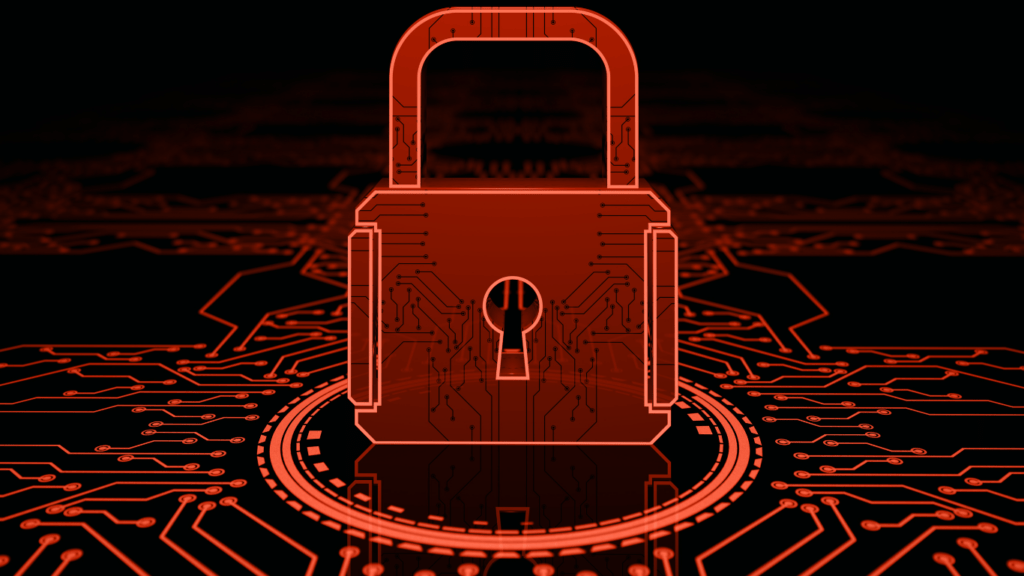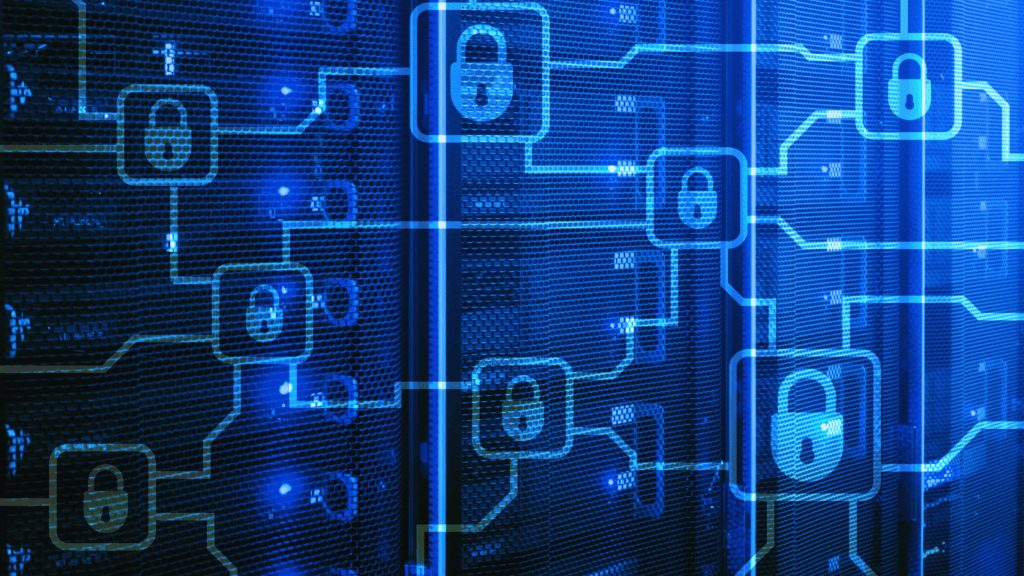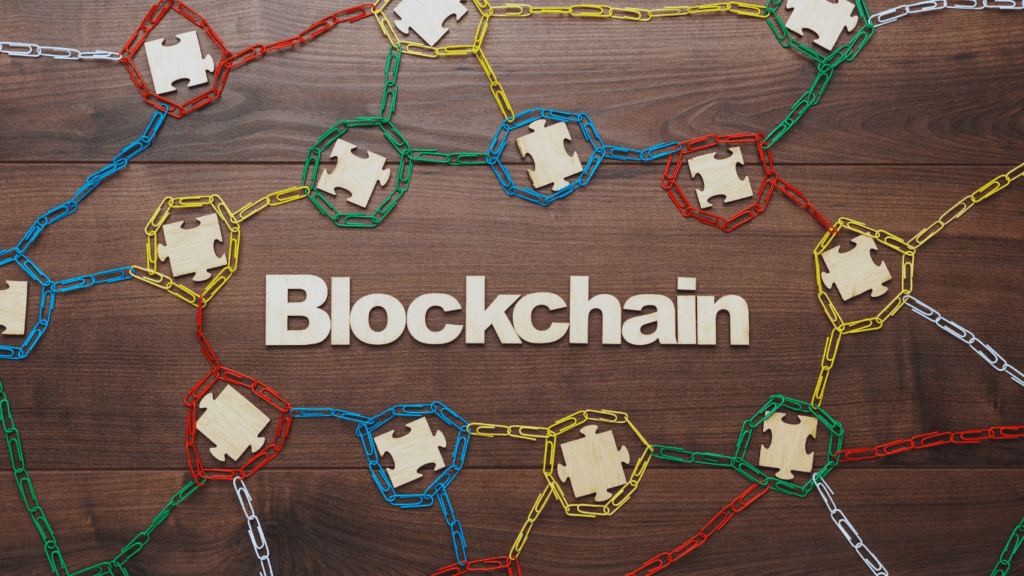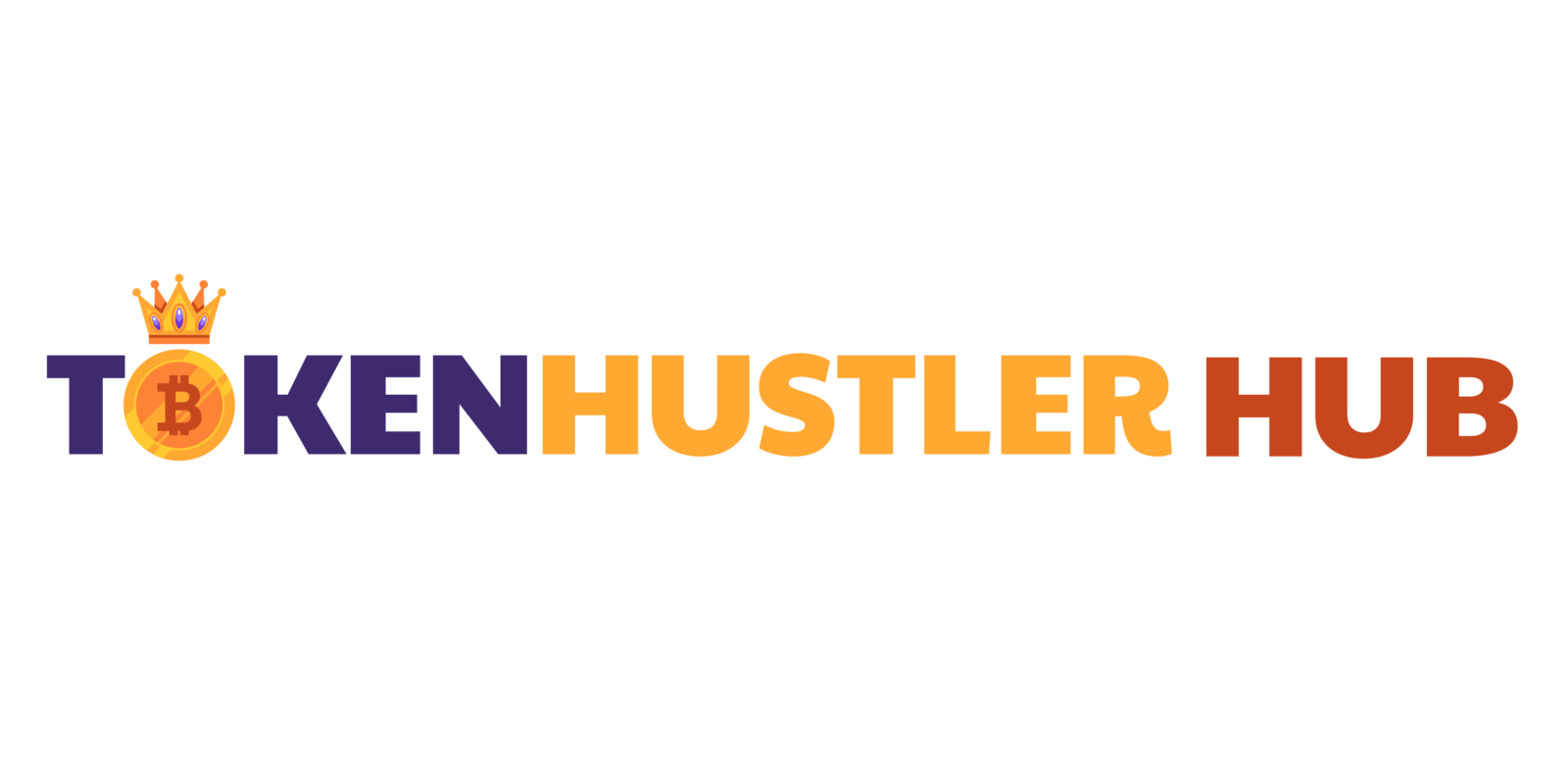Privacy in the digital age feels like an uphill battle. With every transaction, login, or data exchange, we leave behind traces of information that can be exploited. That’s where zero-knowledge proofs (ZKPs) come in, offering a groundbreaking way to protect sensitive data while still proving its validity.
What Are Zero-Knowledge Proofs?
Zero-knowledge proofs (ZKPs) enable proving possession of specific information without revealing the information itself. They ensure privacy and security in digital transactions using advanced cryptographic techniques.
The Foundation Of Zero-Knowledge Proofs
ZKPs originate from cryptography, a field focused on secure communication. Introduced in the 1980s by researchers Goldwasser, Micali, and Rackoff, ZKPs revolutionized how trust can be established between parties. The method relies on reducing information disclosure while validating proof authenticity.
Mathematically, ZKPs rely on complexity theory and probabilistic verification. Algorithms ensure that a verifier can’t deduce additional data, only confirming correctness. Common implementations include Schnorr and zk-SNARK protocols.
Key Principles And Concepts
ZKPs operate around three core principles: completeness, soundness, and zero-knowledge.
- Completeness: Honest provers always convince honest verifiers of a claim. For instance, a person can prove they know a password without sharing it.
- Soundness: Dishonest claims can’t convince verifiers. If someone lacks knowledge of a secret, they won’t pass verification.
- Zero-knowledge: Interaction reveals no additional information, ensuring no sensitive data leaks during the proof process.
Interactive and non-interactive ZKPs are the two primary methods. Interactive ZKPs require multiple rounds of communication, such as challenge-response methods. Non-interactive ZKPs, like zk-SNARKs (Zero-Knowledge Succinct Non-Interactive Arguments of Knowledge), enable proofs with a single communication instance, reducing overhead and enhancing scalability.
How Zero-Knowledge Proofs Work
Zero-knowledge proofs (ZKPs) involve a process where one party can prove knowledge of specific information to another without disclosing the information itself. This unique approach ensures privacy while maintaining trust between parties.
The Prover And The Verifier
ZKPs rely on two main participants: the prover and the verifier. The prover is the entity claiming to know or possess certain information, such as a password or cryptographic key. The verifier’s role is to confirm the validity of the prover’s claim without gaining access to the information itself. Through a series of cryptographic exchanges, the prover demonstrates their knowledge, and the verifier assesses the claim’s correctness without learning anything beyond its validity.
Interactive Vs. Non-Interactive Proofs
ZKPs can function as either interactive or non-interactive proofs. Interactive proofs involve several rounds of communication between the prover and the verifier, with the verifier issuing challenges and the prover providing responses. Non-interactive proofs, such as zk-SNARKs (Zero-Knowledge Succinct Non-Interactive Arguments of Knowledge), eliminate the need for continuous communication by enabling the prover to create a single proof that the verifier can validate independently. Non-interactive systems enhance efficiency and scalability, especially in blockchain and decentralized finance applications.
Benefits Of Zero-Knowledge Proofs

Zero-knowledge proofs (ZKPs) offer transformative advantages in securing digital interactions. With their ability to validate data without exposure, ZKPs redefine privacy, trust, and risk management.
Enhancing Data Privacy
ZKPs ensure data remains confidential while validating its authenticity. By enabling proofs without revealing the underlying information, ZKPs protect sensitive details in applications like:
- identity verification
- financial transactions
For example, an individual can prove they’re over 18 without disclosing their birthdate. This granular privacy control minimizes data exposure and mitigates risks like identity theft or unauthorized data use.
Reducing Fraud And Risks
ZKPs help detect and prevent fraudulent activities by confirming claims without revealing sensitive data. In online marketplaces, for instance, a seller can prove ownership of a product without sharing serial numbers, reducing counterfeit risks. By limiting information disclosure, ZKPs block exploitative opportunities for malicious actors, reinforcing system security and decreasing vulnerabilities.
Building Trust In Digital Systems
ZKPs increase confidence among users and entities by ensuring verifiable yet private transactions. Cryptographic proof strengthens trust in sectors like blockchain, where transparency and privacy are often competing demands. For example, zk-SNARKs enable anonymous cryptocurrency transactions that remain credible and auditable. This balance of privacy and assurance promotes adoption in digital ecosystems.
Applications Of Zero-Knowledge Proofs
Zero-knowledge proofs (ZKPs) have transformed privacy and security across multiple domains. Their application in modern technologies demonstrates their potential to reshape how sensitive data is handled and verified.
Cryptocurrencies And Blockchain Technology
ZKPs enhance privacy and efficiency in blockchain systems. Cryptographic methods like zk-SNARKs and zk-STARKs support private transactions by proving ownership or balance without disclosing amounts or identities. Cryptocurrencies such as Zcash and Monero utilize ZKPs to ensure confidential, secure transactions on public ledgers. Additionally, ZKPs optimize blockchain scalability by minimizing data shared across network nodes.
Secure Authentication Systems
ZKPs enable user authentication without exposing sensitive credentials. Instead of transmitting passwords or biometric data, ZKPs verify a user’s identity by proving possession of the required information. This prevents credential theft during communication while maintaining access controls. Technologies incorporating this include passwordless login systems and multi-factor authentication, ensuring stronger security measures.
Regulatory Compliance And Confidentiality
ZKPs balance regulatory adherence and data privacy, a critical concern for industries like finance and healthcare. Companies can demonstrate compliance with regulations such as anti-money laundering (AML) or Know Your Customer (KYC) requirements by showing proof of checks conducted, without disclosing underlying user data. This protects confidentiality while meeting legal obligations.


 Crypto Trends Reporter
Crypto Trends Reporter

